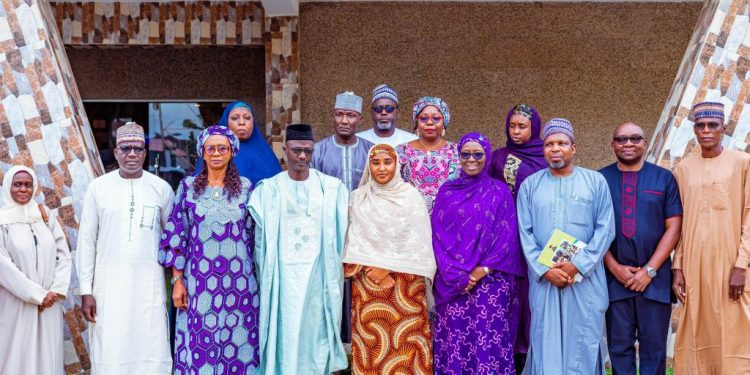The Federal Ministry of Education has launched a nationwide sensitisation campaign on the National Policy on Skills Development in Formal and Non-Formal Education, a flagship component of the Nigerian Education Sector Renewal Initiative (NESRI). The initiative signals a decisive shift from a largely theoretical curriculum to an education system that blends academic learning with practical, industry-relevant skills.
The policy is designed to equip learners with competencies in critical thinking, problem-solving, digital literacy, and technical know-how, enabling them to meet the growing demands of small and medium enterprises (SMEs) and other key industries. It integrates formal and non-formal education pathways, allowing young people and adult learners alike to gain employable skills, transition into the workforce faster, and adapt to evolving market needs.
Through structured internships, targeted vocational training, and strong partnerships with local industries, the policy seeks to align classroom learning with real-world applications. These efforts are expected to reduce unemployment, foster innovation, and enhance productivity, particularly in sectors that depend heavily on skilled labour. By tailoring training to Nigeria’s economic priorities—such as agro-processing, manufacturing, technology, and creative industries—the programme positions young Nigerians as active contributors to national growth.
The Ministry is engaging a wide network of stakeholders to ensure the policy’s success, from parents and community leaders to traditional rulers and private sector leaders. Their support is seen as crucial to ensuring that the policy is embraced at grassroots level and implemented uniformly across all states. This inclusive approach aims to remove barriers to skills acquisition, especially for women and marginalised youth, while ensuring that training is accessible, affordable, and relevant.
The policy’s broader vision extends beyond simply preparing individuals for jobs—it seeks to nurture an entrepreneurial mindset that empowers young people to create businesses, generate employment, and strengthen the SME sector. By building a workforce that is both adaptable and innovative, the initiative is expected to contribute significantly to Nigeria’s economic diversification and long-term competitiveness.
If effectively implemented, the National Policy on Skills Development could become a game-changer in addressing Nigeria’s unemployment challenge, equipping a new generation with the tools to thrive in a fast-changing economy and making the country less dependent on foreign expertise.










